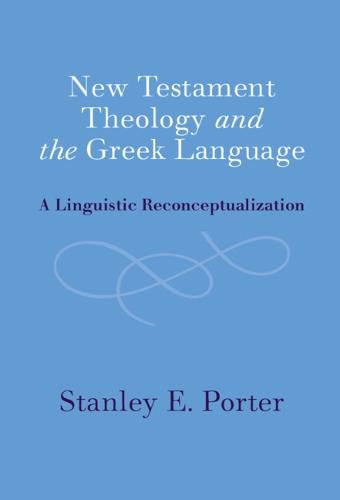Readings Newsletter
Become a Readings Member to make your shopping experience even easier.
Sign in or sign up for free!
You’re not far away from qualifying for FREE standard shipping within Australia
You’ve qualified for FREE standard shipping within Australia
The cart is loading…






In this book, Stanley E. Porter offers a unique, language-based critique of New Testament theology by comparing it to the development of language study from the Enlightenment to the present. Tracing the histories of two disciplines that are rarely considered together, Porter shows how the study of New Testament theology has followed outmoded conceptual models from previous eras of intellectual discussion. He reconceptualizes the study of New Testament theology via methods that are based upon the categories of modern linguistics, and demonstrates how they have already been applied to New Testament Greek studies. Porter also develops a workable linguistic model that can be applied to other areas of New Testament research. Opening New Testament Greek linguistics to a wider audience, his volume offers numerous examples of the productivity of this linguistic model, especially in his chapter devoted to the case study of the Son of Man.
$9.00 standard shipping within Australia
FREE standard shipping within Australia for orders over $100.00
Express & International shipping calculated at checkout
In this book, Stanley E. Porter offers a unique, language-based critique of New Testament theology by comparing it to the development of language study from the Enlightenment to the present. Tracing the histories of two disciplines that are rarely considered together, Porter shows how the study of New Testament theology has followed outmoded conceptual models from previous eras of intellectual discussion. He reconceptualizes the study of New Testament theology via methods that are based upon the categories of modern linguistics, and demonstrates how they have already been applied to New Testament Greek studies. Porter also develops a workable linguistic model that can be applied to other areas of New Testament research. Opening New Testament Greek linguistics to a wider audience, his volume offers numerous examples of the productivity of this linguistic model, especially in his chapter devoted to the case study of the Son of Man.